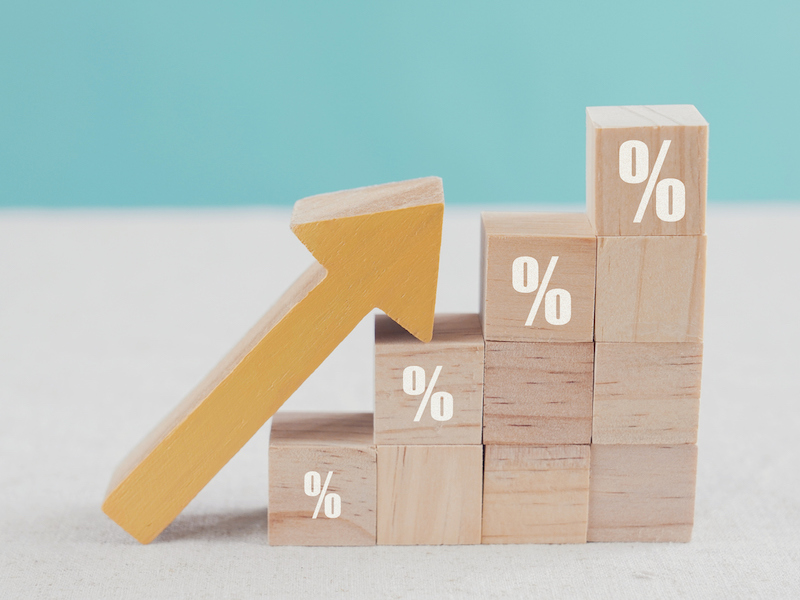
As inflation proves to be more persistent than transient and with more rate hikes expected, some portfolio managers and financial advisors are looking at investments that will perform well in a rising-rate environment.
These include GICs, shorter-term bonds, alternative investments and mortgage investments.
“We’re seeing [one-year] GIC rates now in the 3% range. We haven’t seen GIC rates that high for years,” said Satvir Gill, portfolio manager and senior wealth advisor with Scotia Wealth Management in Langley, B.C. “Savers will now be rewarded by actually earning something in their savings account.”
While Gill acknowledges that those earnings aren’t keeping up with inflation, “at least [clients are] earning something on their savings,” he said. “If we can get reasonable rates – and we eventually will – you’ll be able to buy high-quality bonds with good yields, GICs with good yields, and other fixed income with good yields, to generate income.”
With equities, “dividend yields are fairly attractive, still,” he added.
Gill has a client in their early 60s who owns 57% equities, 15% short-term fixed income and 18% cash. The remaining 10% consisted of structured notes, alternatives and a market-neutral strategy.
Gill would like to increase the client’s fixed-income allocation to 25%, reducing the cash portion to do so. All of the client’s fixed income is short term, and they’re waiting for rates to rise before re-investing in longer-dated fixed income. “We want to make sure that the curve doesn’t get inverted,” he said. They’ll also switch some of their short-term bonds to GICs to capture higher yields.
Gill said he’ll use the remaining cash to increase the client’s equities weighting.
Edward Svetek, senior wealth advisor and portfolio manager with National Bank Financial Wealth Management in Mississauga, Ont., said good investments for a rising-rate environment include dividend growth stocks, such as those of banks; alternative investments, like REITs; mortgage products; structured notes; and floating-rate products.
When interest rates go up, banks have the potential to earn more on the spread between what they pay and what they earn, for instance. “With higher rates [the banks] make more money, too,” Svetek said. As higher rates also mean higher mortgage rates, short-term mortgage-backed products will probably do well, Svetek noted.
As for REITs, Svetek said he would look at ones that can increase rents in a rising-rate environment, such as some apartment REITs. “You’re also getting capital appreciation on the properties because of the housing market prices going up,” he said. “It pays you while you wait.”
For short-term bonds, “you don’t want to put too much money in right now, because if the rates keep on increasing, you’re locked in,” he said. If the Bank of Canada hikes by 50 basis points at its June meeting, “it’s going to raise the yield for you.”
“You want to be able to adjust for that – floating rate is going to take care of that. You don’t want to lock in long term at [a specific rate],” he said.